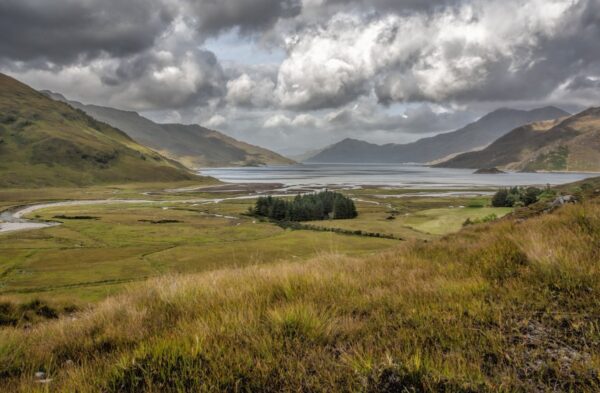Water scarcity has already proven to be a significant impact in eastern parts of Scotland this year as the Scottish Environment Protection Agency (SEPA) reveals the extent of extreme, dry conditions experienced.
- This summer in the east was the tenth driest in 100 years.
- Eight out of the last 12 months saw below average rainfall in the region.
- An extra month worth of average winter rainfall is needed in the east to make up the deficit from the past 12 months.
- Groundwater levels in the east of Scotland reached their lowest since records began in 2009.
The risk of water scarcity was reported as early as April this year and what followed was an east-west split in Scotland throughout the summer, with the west experiencing mostly normal conditions while some areas in the east reached Significant water scarcity levels.
In August and September, SEPA took steps to protect the environment from the effects of prolonged dry weather by imposing suspensions on 175 water abstraction licences in four catchment areas. This required support and compliance from businesses, predominantly within the agriculture sector, around the rivers Eden, Tyne, Tweed and Ythan. Abstractors were required to stop taking water from these areas or reduce volumes for a brief period to allow levels to recover.
Nathan Critchlow-Watton, Head of Water and Planning at SEPA, said:
“This was the first year SEPA had to enforce abstraction licence suspensions to protect the sustainability of local water environments. Action like this underlines the severity of the dry conditions we experienced and reinforces the need for businesses to prepare for instances like this in the future.
As summer turns to autumn, water levels are improving in areas which have been under the most pressure. However, some northern and eastern catchments are still facing the risk of water scarcity and any businesses still abstracting from the environment are being urged to do so more efficiently. SEPA will continue to monitor and report conditions until all areas return to normal.
SEPA works with abstractors all year round to reduce pressure on the water environment. Abstractors should be taking steps now, in accordance with Scotland’s National Water Scarcity Plan, to plan ahead for a range of conditions they may experience next summer and in the years ahead. This includes monitoring their water usage and equipment to ensure they are operating at maximum efficiency and avoid leaks. Businesses are also encouraged to work together and planning and staggering their abstractions to minimise potential impacts on the local ware environments.
The full news piece can be read on the SEPA website here.

No Comment